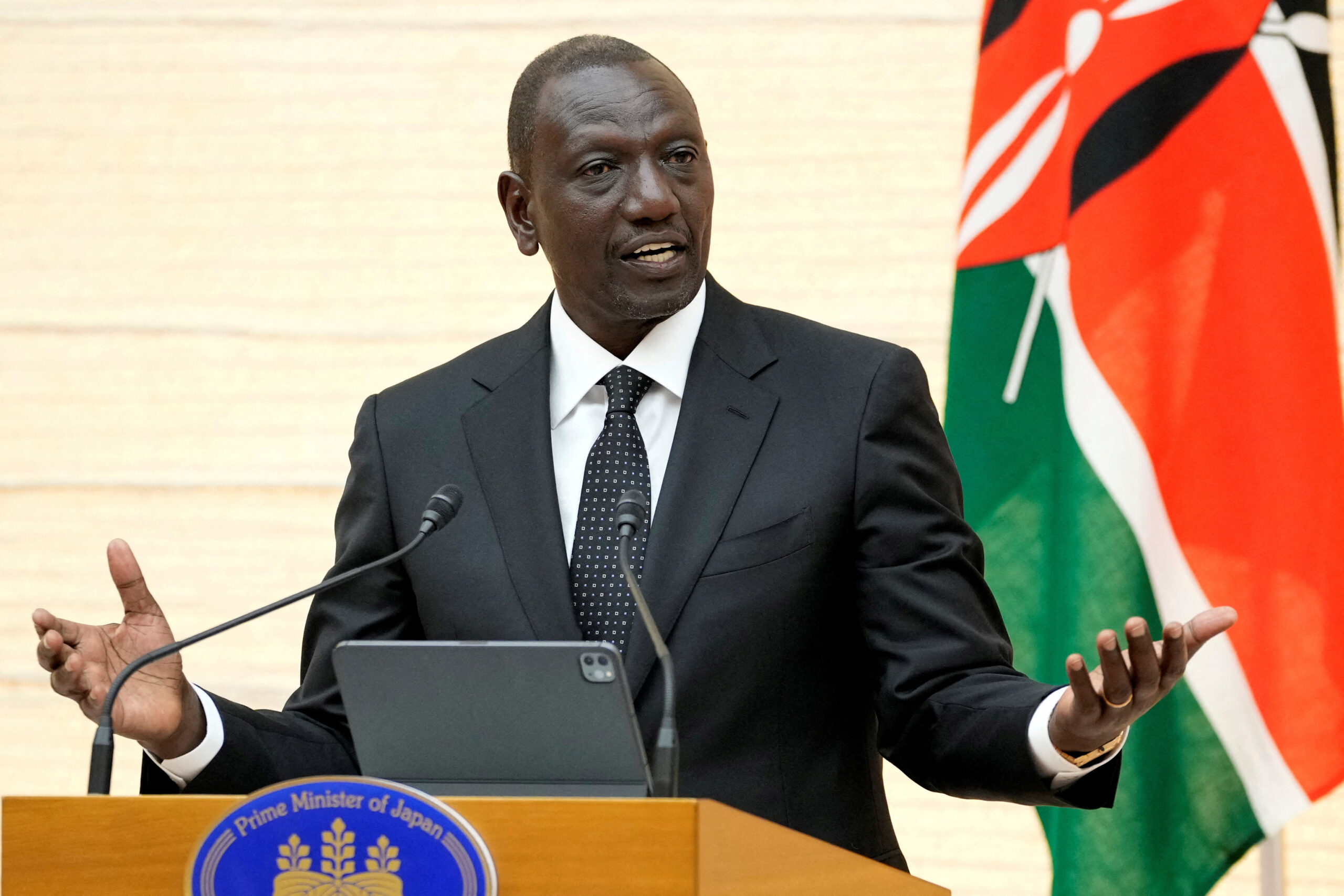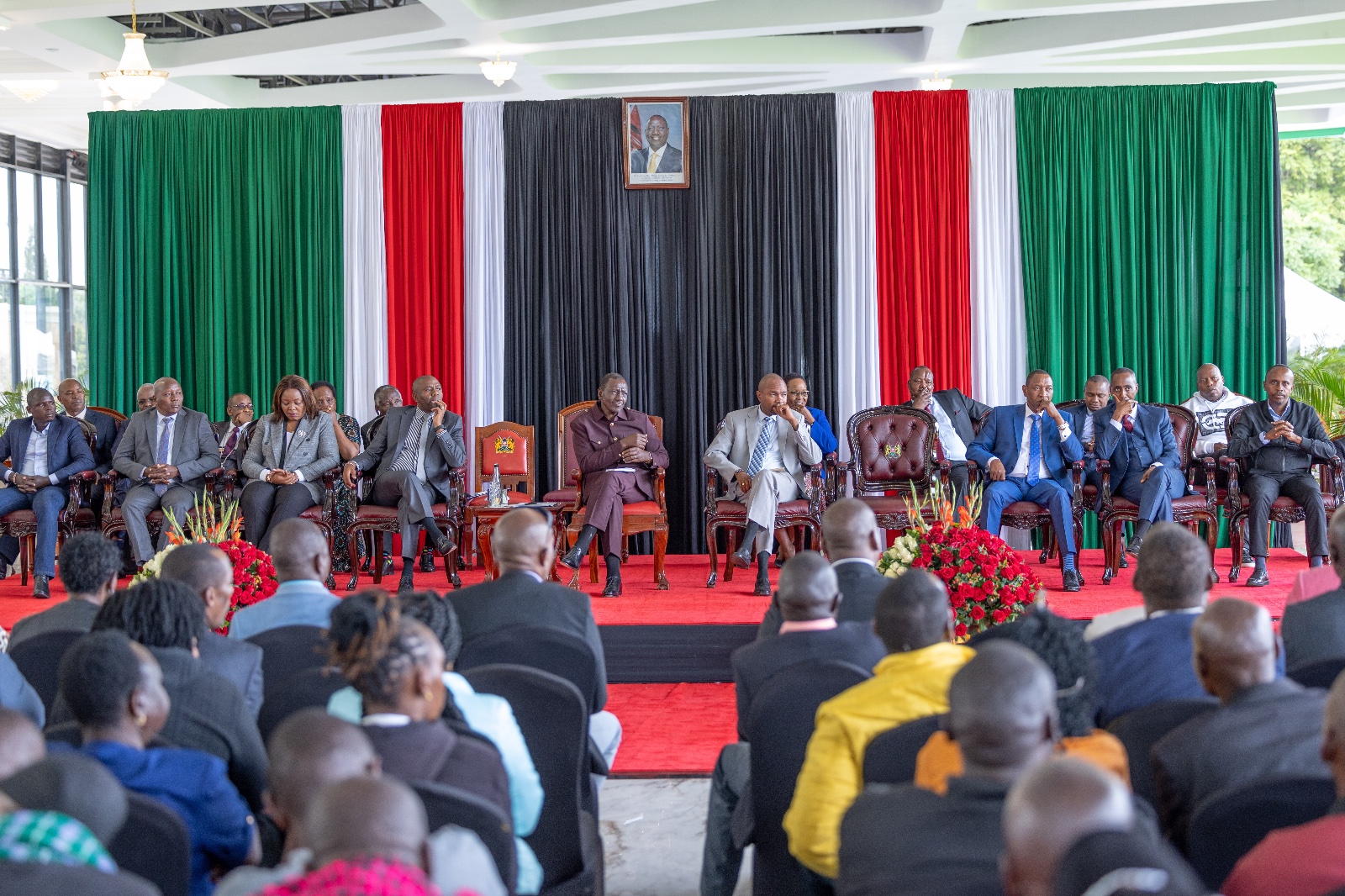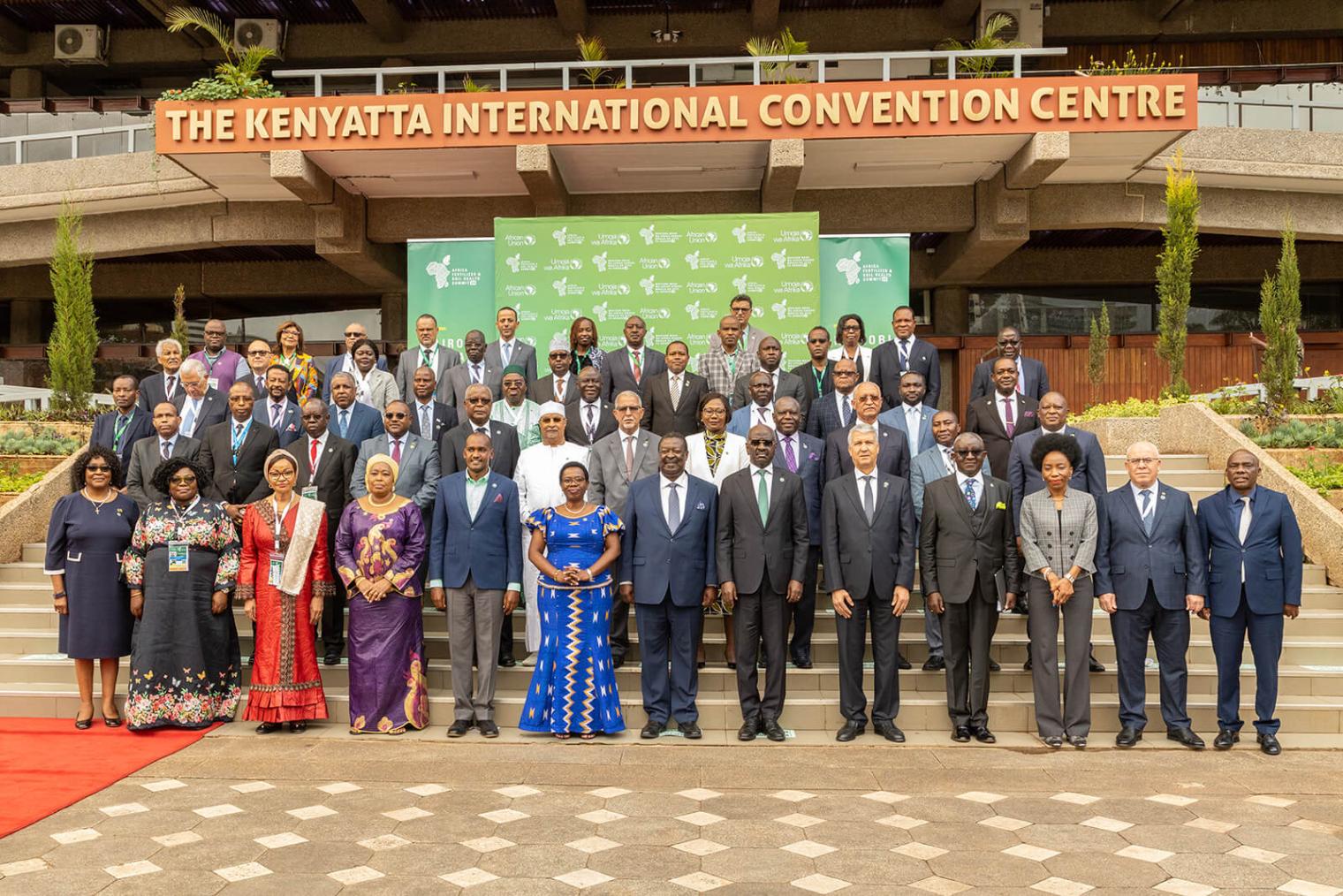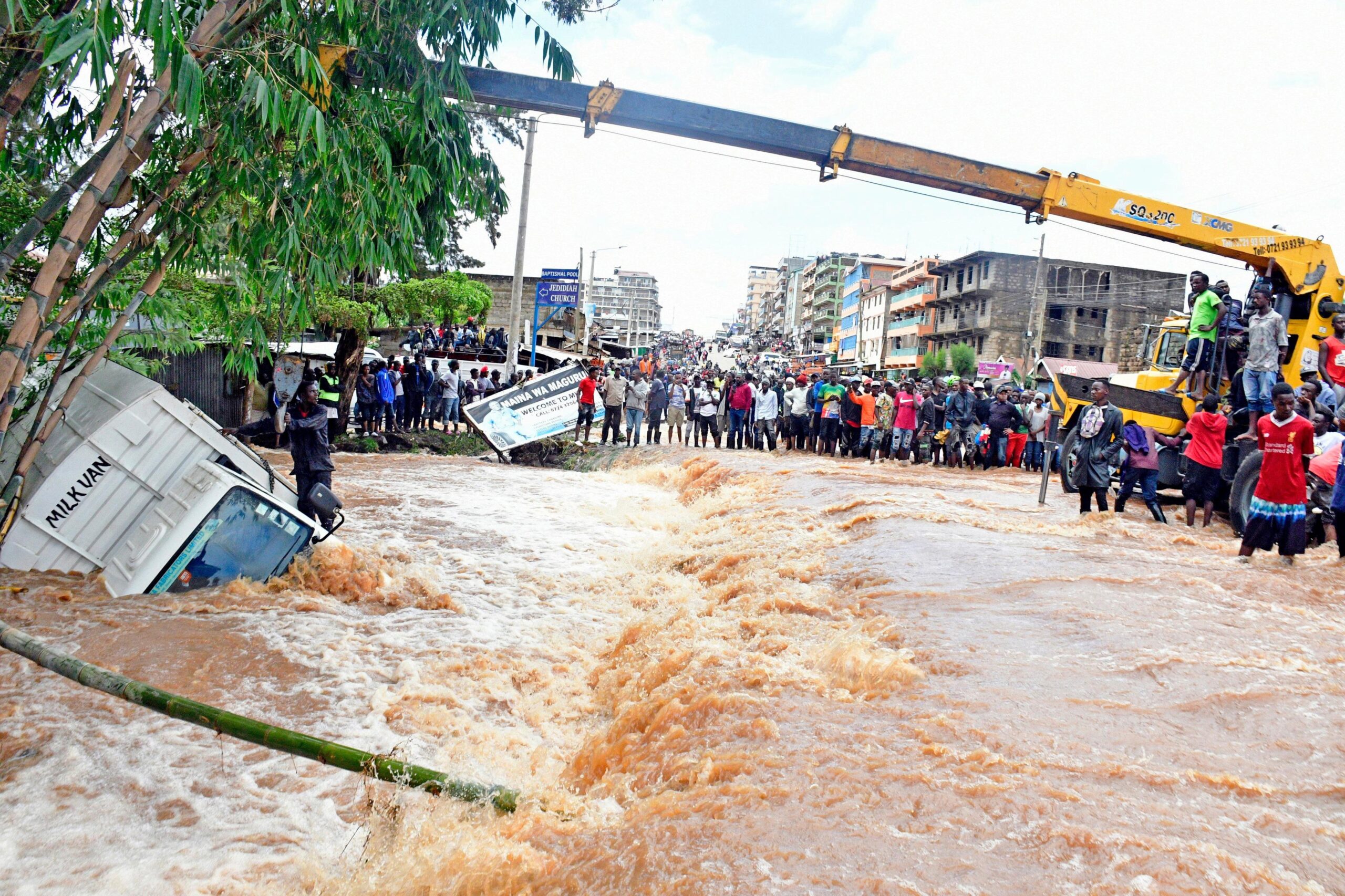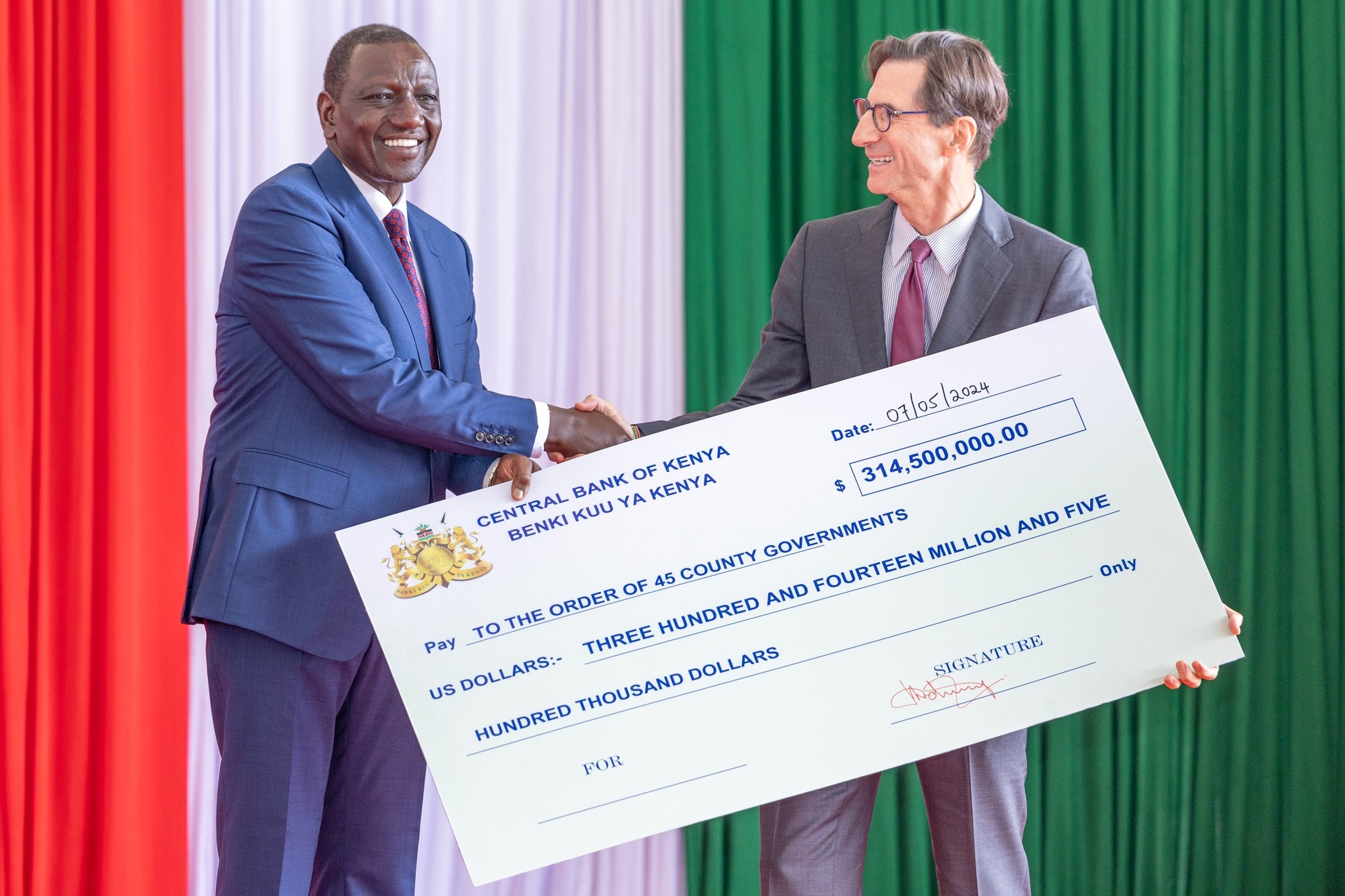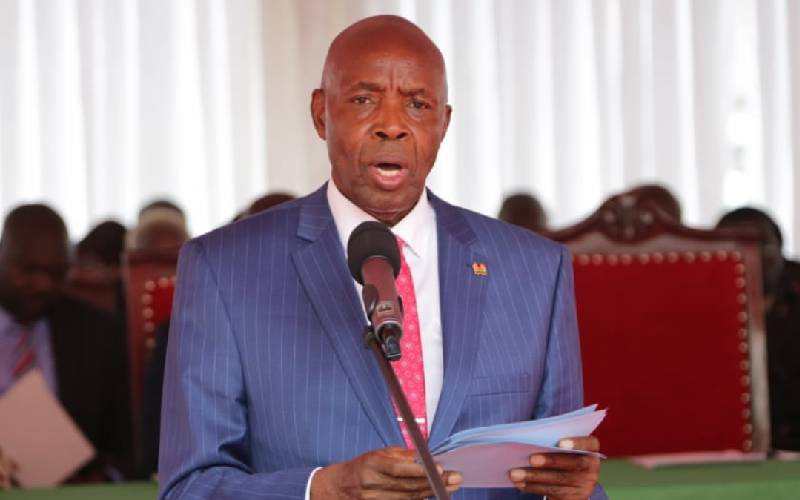
The 2023 Kenya Certificate of Secondary Education (KCSE) results will be announced in the second week of January, Education Cabinet Secretary Ezekiel Machogu has said.
Machogu said the 903,260 students who sat for their final secondary school education test in November 2023 will know their fate in mid-January as 1.4 million 2023 Kenya Certificate of Primary Education (KCPE) examination candidates will be joining secondary schools.
According to the 2024 education calendar, the Form One students will report to their new institutions on January 15, 2024.
“We are done with the marking. What we are currently doing is compiling the marks, verification and validation. You know it’s quite a process. So that by the end of the day, we release credible results,” said CS Machogu during an exclusive interview.
The 903,260 KCSE candidates will benefit from a new grading system aimed at increasing the number of students joining universities. The new grading structure was unveiled in August.
The grading system recommended by the Presidential Working Party, on Education Reforms reduces the number of compulsory subjects and focuses on those they are strong in.
The students will be graded on their performance in two compulsory subjects, that is, Mathematics and any language including English, Kiswahili, or National Sign Language.
This is a departure from the current system in which students are graded on seven subjects (English, Mathematics, Kiswahili, two sciences and two others).
This will result in more students achieving better overall scores to qualify for post-secondary education.
The Kenya National Examination Council (Knec) has done away with the previous system where five subjects were mandatory, a method expected to increase the number of candidates qualifying for their upper education.
“Even the entry grade for University Education, the numbers will increase because last year we had 173,000 Kenyans out of 887,000 getting C+ and above, that is university entry which is 19 per cent, regionally Rwanda, Uganda and Tanzania the percentage of people going to university is about 30 per cent,” he explained.
He said he is worried that last year’s candidates almost 40 per cent which is around 354,000 had D, D- and E.
Mr Machogu said PWPER found that the current system is disadvantageous to some learners whose best subjects are not taken into account if they are not within the cluster.
“Previously compulsory subjects included Mathematics, English Language, Kiswahili and two Sciences. But this time round, we will only have two compulsory subjects that are Mathematics and English Language, Kiswahili or National Sign Language. We are doing this to allow learners to explore subjects they are good at,” he explained.
He said learners are gifted differently with some good in either Social Sciences, Arts and Sports, and Science Technology, Engineering and Mathematics (STEM).
However, the CS said thanks to the Competency-Based Curriculum, learners will have three pathways to pursue in Senior School including Social Sciences, Arts and Sports, and Science Technology, Engineering and Mathematics (STEM).
The CS assured Kenyans that the KCSE results will be credible.

